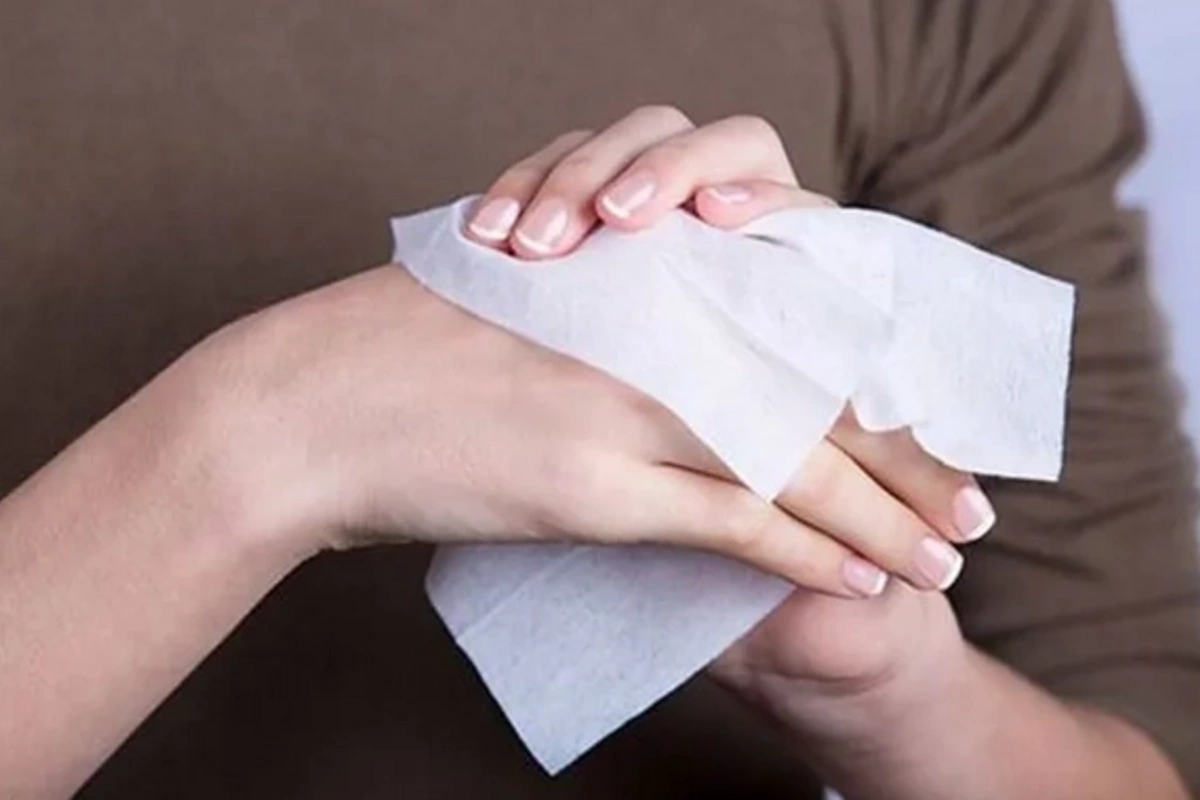18 Aug , 16:10
5

Hidden threat in your pocket: what ordinary wet wipes conceal and why this should alarm you
Wet wipes have long become an indispensable companion of modern people. They are taken on trips, kept on desks, and used in public places. However, behind the convenience and practicality of this everyday accessory lie disturbing facts that can significantly affect health.
The chemical composition of wet wipes causes the greatest concern among specialists. The solution that most of them are soaked in contains preservatives, fragrances, and surfactants. These components ensure a long shelf life and pleasant aroma, but regular contact with them can provoke allergic reactions, skin irritations, and even disruptions in the hormonal system.
Parabens pose a particular danger – preservatives often found in the composition of wipes. These substances tend to accumulate in the body and negatively affect the endocrine system. Equally problematic are formaldehyde and its derivatives, which even in minimal concentrations have a toxic effect and increase the likelihood of developing chronic diseases.
The skin, being the largest organ of the human body, actively absorbs all components of the wipe solution. With frequent use, the protective functions of the skin weaken, leading to dryness, the appearance of microcracks, and serious dermatological problems. Children's skin, which is thinner and more sensitive, is at even greater risk.
The use of wet wipes for intimate hygiene deserves special attention. Replacing traditional care methods with wipes disrupts the natural balance of microflora, which can cause inflammatory processes, discomfort, and increase the risk of infectious diseases.
The environmental aspect of the problem also raises serious concerns. Most wipes are made from synthetic materials, the decomposition period of which is decades. When they enter sewage systems, they cause blockages, and in waste landfills, they become sources of toxic substances that contaminate soil and water resources.
Thus, wet wipes turn out to be far from a safe alternative to classic hygiene products. Their use is justified only in emergency situations when there is no access to water and soap. To maintain health and reduce environmental impact, it is recommended to prefer traditional hygiene methods and choose products without aggressive chemical components.